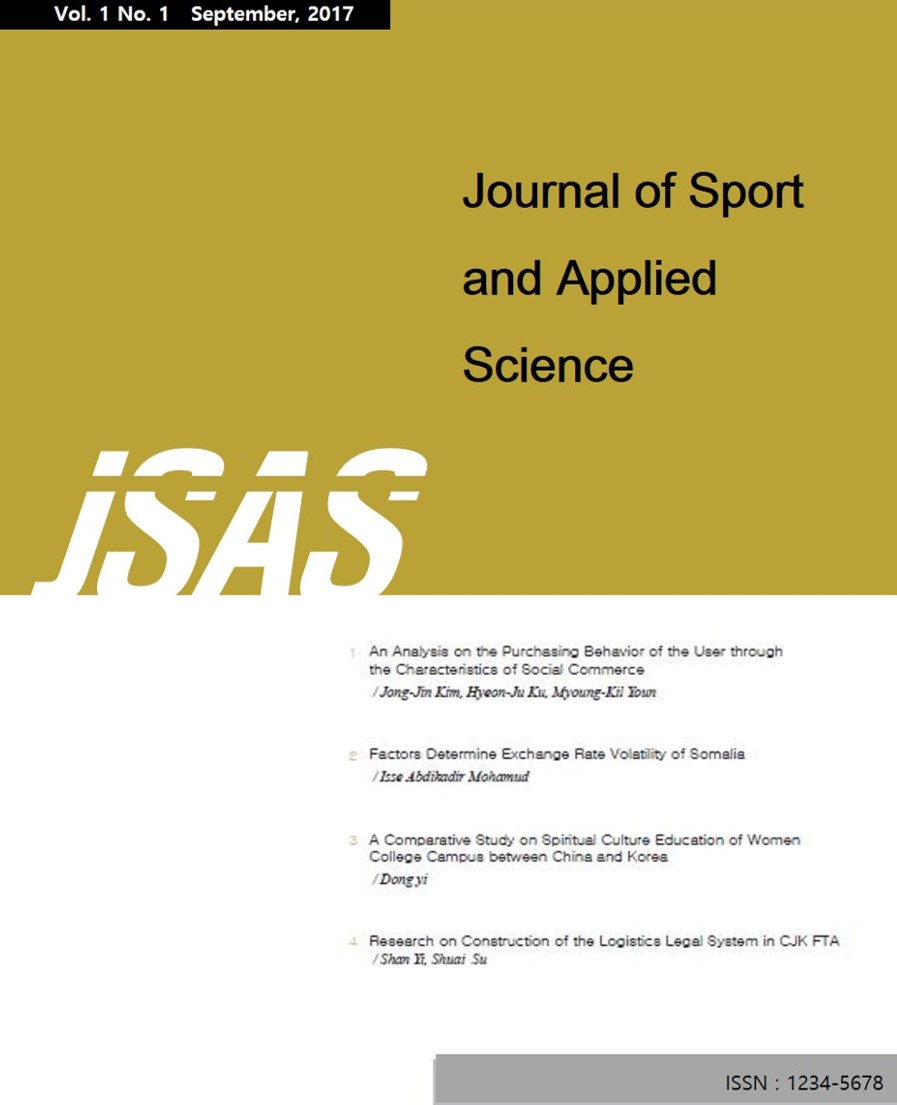- 권한신청
- E-ISSN2586-6028
- KCI Candidate
5권 3호
초록
Abstract
Purpose: The purpose of this study is to examine the relationship between the leadership style and performance of university athletes' leaders. Research design, data, and methodology: This study utilizes survey items constructed by reserach variables. Data were collected from college athletes of universities in Seoul and Gyeonggi-do, where sports teams are located. A convenient sampling method was used of non-probability sampling methods. A total of 314 responses were computed at statistic program, spss version 21.0. In specific, the study employed correlation, exploary factor analysis, mulple-regressions to test the effects of ledership types on performance. Results: As a result of an empirical analysis to examine the relationship between the leader's leader-ship style and the athletic performance of college athletes, it was found that the leader's leadership style had a significant effect on the college athletes' performance. Conclusions: A leader's leadership style is a very important factor for college athletes who enter the professional world after graduating from college. Therefore, coaches maintain a horizontal relationship with the players rather than a vertical one, and if a leadership style suitable for the players is applied, the players' performance will be better, and the development potential of players and teams will increase. Suggestions for future studies were discussed.
초록
Abstract
Purpose: The purpose of this study is to examine the relationship between the perfectionism tendency of amateur boxers and exercise exhaustion, to understand the perfectionism tendency of boxers in the sports of speculative sports, and to provide startigic insights for reducing exercise exhaustion. Research design, data, and methodology: In this study, adult boxers registered with the Korean Boxing Association of the Korea Sports Council in 2019 were selected as the research population. 280 boxers participated in the survey and responded the survey items, which were constructed by research variables, perfectionism and burnout. Data were analysed using SPSS version 18.0 for statistics. In details, frequency, correlations, exploratory factor analysis, multiple regressions were conducted to test the proposed relationship. Results: As a result of analysing the relationship between amateur boxers' perfectionism and athletic exhaustion, it was con-firmed that when the self-oriented perfectionism among amateur boxers' perfectionist tendencies was high, it had a significant effect on exercise burnout. Conclusions: In order to reduce the pressure of amateur boxers to win and the pressure to pass through the weight class, which is characteristic of weight control events, if the athlete manages himself well, the athlete's exercise exhaustion will decrease. If professional mental training is combined, it is judged that amateur boxing will be able to develop once again.














